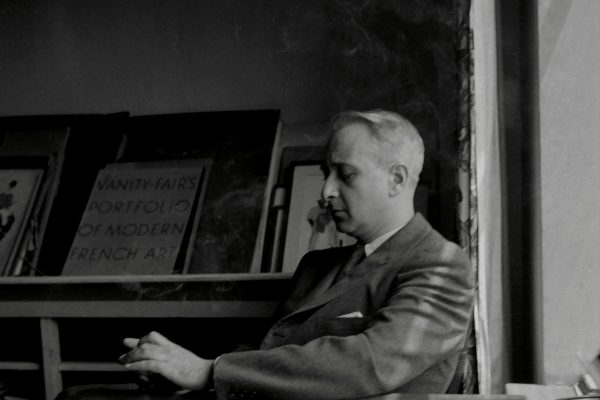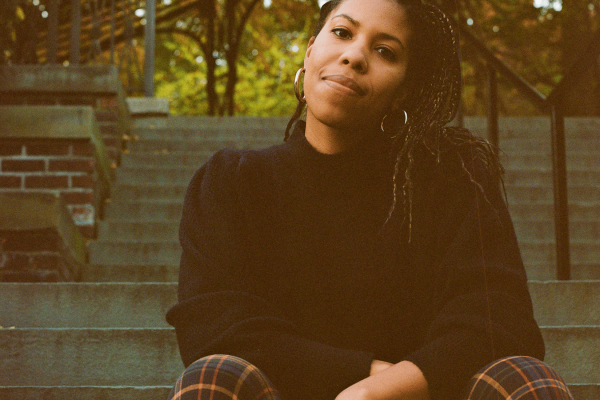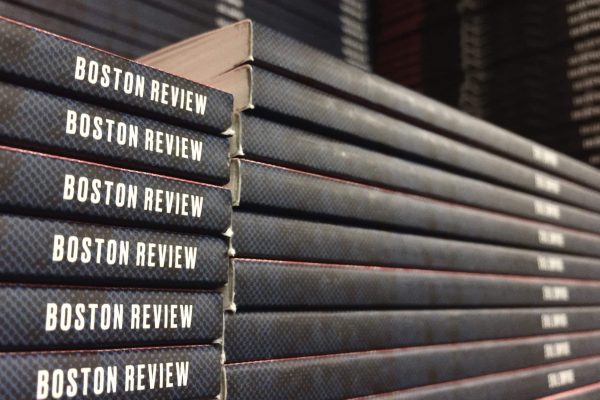This fall, Boston Review received a generous gift from the estate of Philip L. Quinn (1940–2004). We are deeply grateful for the gift, and we wish to record our gratitude here.
Phil Quinn was the John O’Brien Professor of Philosophy at the University of Notre Dame. A distinguished philosopher of religion and science, he was widely admired for his unusual mix of brilliance and humility, warmth and integrity. Quinn published twice with Boston Review, each time expressing his thoughtfully considered ethical and religious convictions.
Looking forward, we hope to honor Quinn’s memory by continuing to publish the kinds of explorations that engaged his mind and heart. We share Quinn’s convictions about the importance of reasoned discussion. We also share his views about the importance of transparency in politics and his dedication to the idea that democracy depends on a vigilant and informed public. And we share his strong commitment to equality—a commitment that, for Quinn, grew from his religious faith. Responding to Martha Nussbaum’s defense of cosmopolitanism in these pages, Quinn wrote:
Since all humans are equally images and likenesses of God, absolutely anyone one encounters is a neighbor whom one is commanded to love, as Kierkegaard emphasized in Works of Love. So Christian love of neighbor cannot stop short of being cosmopolitan, even though a Christian’s first allegiance is to love of God.
Quinn’s gift serves, in short, as a reminder about Boston Review’s editorial mission, and an occasion for recommitment.
We would like to think that Quinn—with his passion for human flourishing and pain at the many hurdles to it—would have found much to engage with in this issue. The New Democracy Forum is a debate about full employment, a goal with ethical as well as economic implications. Millions of Americans are out of work, thus “less and less able,” as Michael Piore says, “to realize their personal aspirations, let alone their true potential as human beings.” The forum contributors debate how (and whether) to ensure meaningful, decently compensated work for all Americans.
Beyond jobs, there are troubles in the broader political-economic culture. Dispatches by two Wall Street insiders—one a former banker, the other a former investigator—vividly describe the corruption of that culture, revealing how people with power unhesitatingly exploit the vulnerability of others.
In her essay on Israeli writer David Grossman, Vivian Gornick reminds us that the fates of different people, including enemies, are linked. Phil Quinn, with his commitment to treating every human being as a neighbor, agreed with Gornick about the importance of those human connections. And he would likely have agreed as well that acknowledging human connections even in the most challenging conditions—“to stay human,” Gornick writes, “in inhuman circumstances”—rests ultimately on an article of faith.







